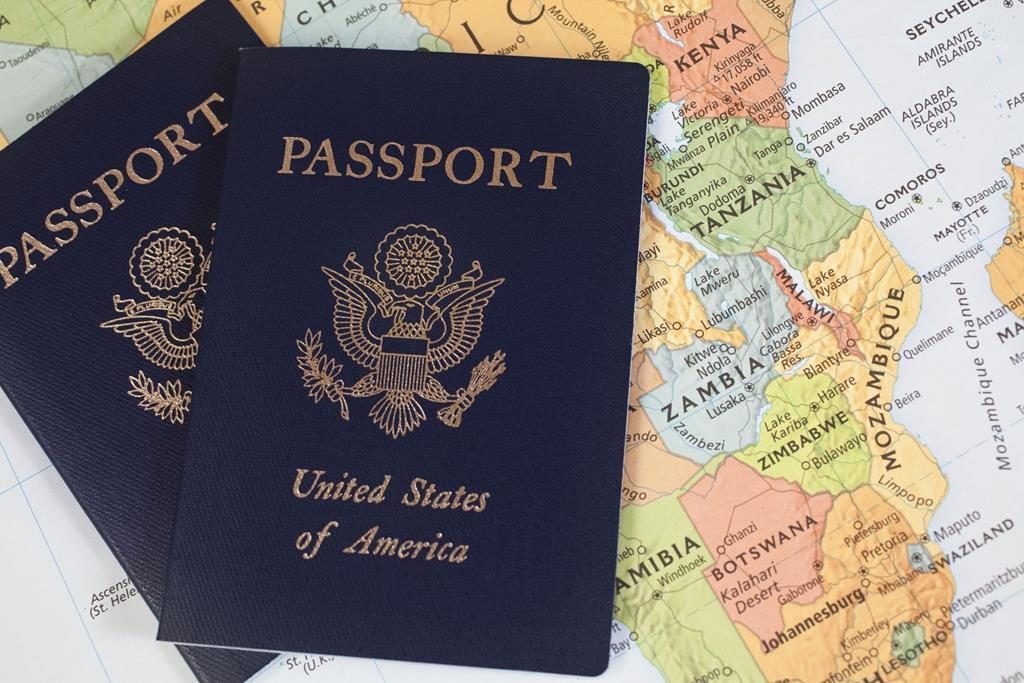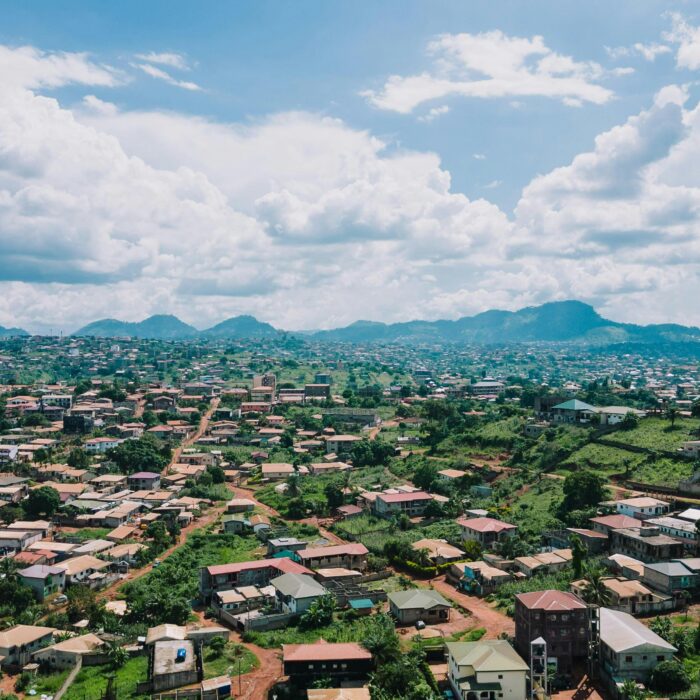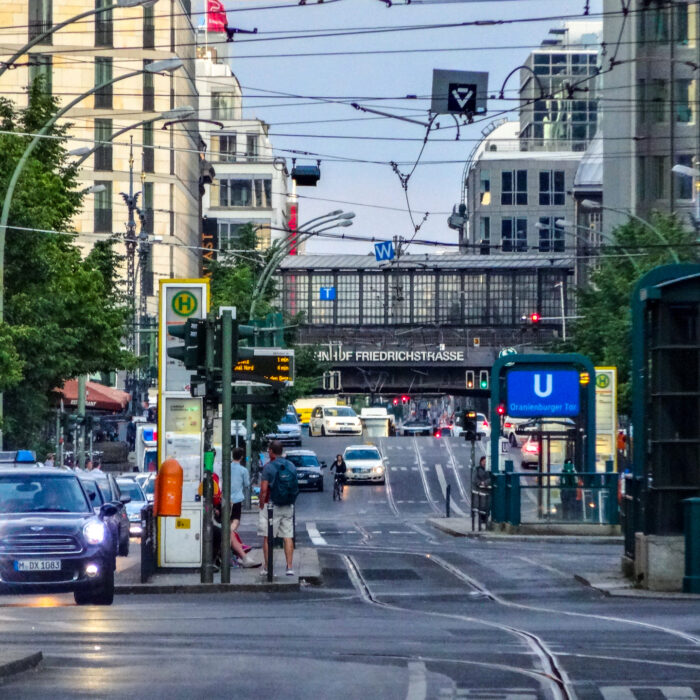Travel Documents and Finances
- Check Passport Validity:
- Before planning your international trip, ensure your passport has at least six months of validity beyond your return date. Many countries require this as a standard policy for entry. If your passport is close to expiring, consider renewing it before your departure to avoid any complications.
- Visa Requirements:
- Research the specific visa requirements for the country you plan to visit. Some destinations require visas, while others allow entry without one. Understand the application process and timeline for obtaining the necessary visa. Applying well in advance can prevent any last-minute delays or issues that could potentially disrupt your travel plans.
- Inform Your Bank:
- Notify your bank about your upcoming international travel plans to prevent any unexpected disruptions with your credit or debit cards. Some financial institutions may freeze cards if they notice unusual activity, which can be a major inconvenience while traveling abroad. Additionally, inquire about any foreign transaction fees that might apply to your card usage. It’s helpful to have an idea of the potential costs to avoid unnecessary expenses.
- Currency Exchange:
- Research the local currency of your destination country and familiarize yourself with the current exchange rate. Plan to exchange a small amount of money before your departure to cover immediate expenses upon arrival. Additionally, consider using a reliable local bank or currency exchange service at your destination to avoid excessive fees and unfavorable rates.
- Budget Planning:
- Create a realistic budget for your trip, considering expenses such as accommodation, transportation, meals, activities, and miscellaneous costs. Having a clear budget guideline can help you manage your finances effectively and avoid overspending during your travels. Factor in any additional expenses, such as souvenirs or unexpected emergencies, to ensure you are financially prepared for any situation.
- International Driver’s License:
- If you plan to drive during your international trip, consider obtaining an International Driver’s License. This document serves as a translation of your native driver’s license and is recognized in many countries worldwide. Having an International Driver’s License can help you navigate local traffic regulations and rental car requirements more smoothly. Ensure you understand the specific driving laws and regulations of the country you are visiting to drive safely and legally during your travels.

Health and Safety Precautions
- Vaccinations and Health Preparations:
- Consult the Centers for Disease Control and Prevention (CDC) or a trusted healthcare professional to determine which vaccinations are recommended or required for your destination. Some countries have specific health risks that can be prevented through proper vaccinations. Schedule an appointment at a travel health clinic to receive any necessary immunizations and obtain valuable medical advice tailored to your travel plans.
- Travel Insurance:
- Invest in comprehensive travel insurance to safeguard yourself against unforeseen emergencies or setbacks during your trip. Make sure the insurance policy covers medical emergencies, trip cancellations, and lost belongings. It’s advisable to keep both digital and physical copies of the insurance details with you during your travels. Having comprehensive travel insurance provides peace of mind and ensures that you are financially protected in case of any unexpected events.
- Medication and Prescriptions:
- Ensure you have an ample supply of any regular medications you take, along with copies of your prescriptions. It’s crucial to carry these medications in their original packaging to avoid any issues with customs or local authorities. Additionally, research the availability of your medications in your destination country to prepare for any potential refills or replacements needed during your trip.
- Health and Safety Guidelines:
- Familiarize yourself with the general health and safety guidelines of your destination. Understand the local healthcare system, emergency services, and contact information for medical facilities. Research any specific health risks, such as food or water safety, prevalent diseases, or environmental concerns, and take necessary precautions to protect your well-being throughout your journey.
- Emergency Plan:
- Develop a comprehensive emergency plan that includes important contacts, local emergency services, and the location of your country’s embassy or consulate. Share your travel itinerary and contact details with trusted family members or friends who can assist you in case of any unexpected situations. Having a well-structured emergency plan can provide a sense of security and preparedness during your international travels.

Planning and Communication
- Itinerary and Reservations:
- Create a detailed itinerary outlining your travel plans, including accommodations, transportation arrangements, and scheduled activities. Research and make reservations for hotels, flights, and guided tours well in advance to secure the best rates and availability. Having a well-structured itinerary can help you make the most of your time and experience in the destination country.
- Local Customs and Etiquette:
- Familiarize yourself with the cultural norms, traditions, and social etiquette of the country you are visiting. Respect local customs and practices to avoid unintentional cultural misunderstandings or offenses. Research appropriate dress codes, greetings, and gestures to show your respect and appreciation for the local culture.
- Communication Plan:
- Ensure you have a reliable means of communication during your international travels. Purchase a local SIM card or an international roaming plan for your mobile phone to stay connected with family, friends, and necessary services. Additionally, consider using messaging or communication apps that work efficiently over Wi-Fi to avoid excessive roaming charges.
- Travel Apps and Maps:
- Download relevant travel apps, maps, and navigation tools to assist you during your trip. Install language translation apps, currency converters, and transportation guides to facilitate seamless travel experiences. Having essential travel apps readily available on your mobile device can significantly enhance your travel convenience and accessibility in a foreign country.
- Travel Companions:
- Coordinate with your travel companions to ensure everyone is on the same page regarding travel plans, preferences, and expectations. Discuss important decisions such as activities, dining choices, and daily schedules to maintain a harmonious and enjoyable travel experience for all. Establish open communication and mutual respect to foster a positive and collaborative travel environment.

Safety Measures and Miscellaneous
- Safety Precautions:
- Conduct thorough research on the safety situation of your destination, including any travel advisories or warnings issued by your government. Stay informed about the local laws and regulations to avoid any unnecessary complications. It’s also a good idea to register with the nearest embassy or consulate to receive important updates or assistance in case of emergencies during your stay abroad.
- Travel Security:
- Take proactive measures to safeguard your belongings and personal information while traveling internationally. Invest in a reliable travel lock for your luggage and consider using anti-theft bags or accessories to deter any potential theft or pickpocketing incidents. Keep digital copies of important travel documents and identification in secure cloud storage or encrypted electronic devices to prevent any loss or theft of crucial information.
- Travel Adapters and Electronics:
- Research the specific power outlets and voltage requirements of your destination country to ensure you have the appropriate travel adapters and converters for your electronic devices. Safeguard your gadgets and electronics by using surge protectors and voltage regulators to prevent any damage caused by fluctuations in power supply. Pack portable chargers and power banks to keep your devices charged and operational throughout your travels.
- Local Transportation Options:
- Familiarize yourself with the local transportation options available in your destination country. Research public transportation systems, taxi services, and ride-sharing apps to determine the most convenient and cost-effective ways to navigate within the region. Understanding the local transportation infrastructure can help you plan your daily commutes and excursions efficiently while minimizing any potential transportation-related challenges.
- Cultural Immersion Activities:
- Explore opportunities for cultural immersion and local experiences to enrich your travel journey. Engage in cultural workshops, cooking classes, or guided tours that provide insights into the authentic traditions and lifestyles of the destination country. Interact with locals, participate in community events, and embrace the diverse cultural heritage to create memorable and meaningful connections during your international trip.


By
Ben Wilder
Published October 21, 2023 • 7m to read





